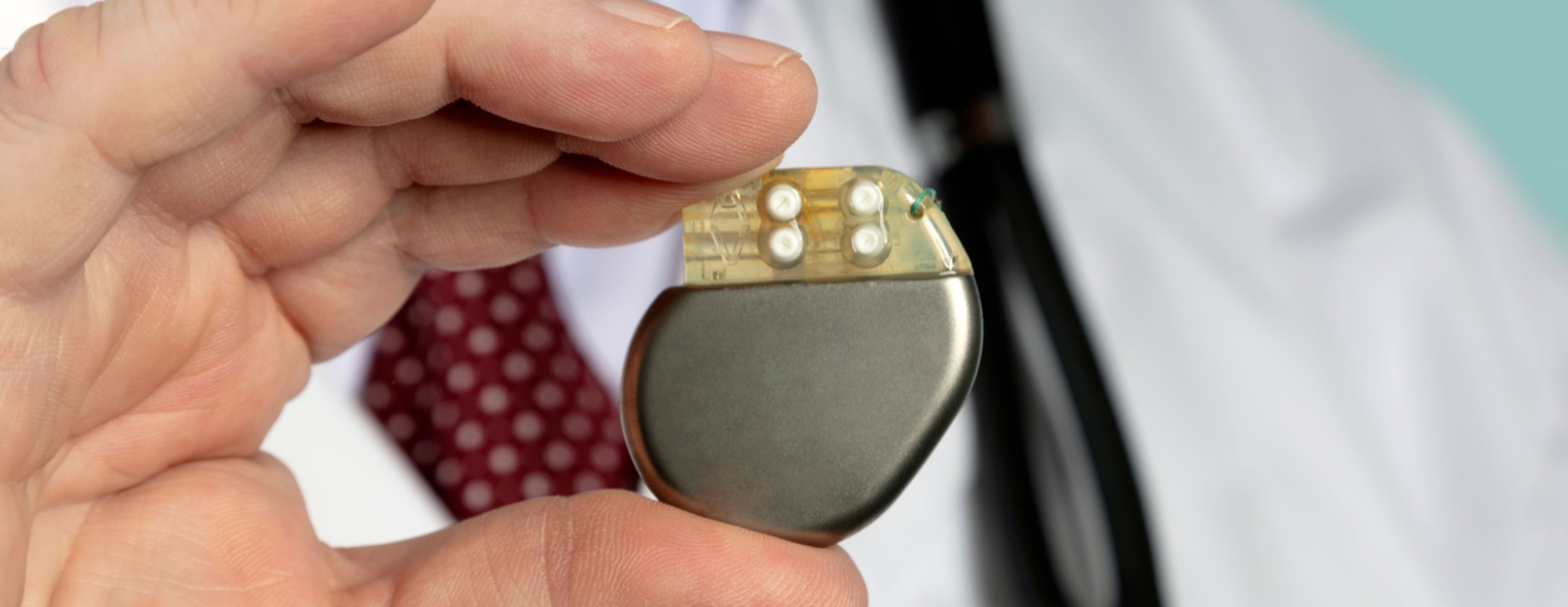Types of Pacemakers
- Posted on: Sep 5 2022
If told that you need a pacemaker, it can be intimidating. You may be concerned about undergoing a pacemaker placement procedure or living with a permanent medical device. However, pacemakers are extraordinary tools that help support your heartbeat and keep you living well and enjoying a high quality of life.
Here’s what you need to know about pacemakers, the different types available, and which heart conditions are generally supported using a pacemaker device.
The Basics of Pacemakers
A pacemaker is a small electrical device that helps support your cardiac electrical impulses. In a healthy heart, hubs in the heart muscle tissue known as “nodes” create electrical impulses. Various heart conditions can alter the nature of the electrical impulses generated by these nodes, affecting the pace or rhythm of your heartbeat. A pacemaker can correct these atypical or slow heartbeats so that you can avoid serious consequences such as stroke or cardiac arrest.
Types of Pacemakers
Pacemakers comprise two different parts: a pulse generator and a lead or leads. A pacemaker gets classified according to the number of attachments to the heart’s chambers.
Single chamber pacemakers
A single chamber pacemaker has one lead wire connecting to one of the heart’s chambers (either the upper chamber or the lower chamber, on the right). The electrode on the end of the lead wire gets placed so that it touches the wall of the heart chamber, allowing it to sense the heart’s electric pattern and deliver electrical energy as needed.
Dual-chamber pacemakers
A dual-chamber pacemaker has two lead wires, with one lead wire connecting to the heart’s right upper chamber and a second to the heart’s right lower chamber. One lead’s electrode will be touching each heart’s chamber, delivering a boost of electrical energy and encouraging both chambers to contract in a coordinated way.
Biventricular pacemakers
This type of pacemaker has three leads connected to the upper right heart chamber and the bottom two heart chambers. It is also known as a cardiac resynchronization (CRT) device.
Heart Conditions Supported by Pacemakers
Pacemakers can be helpful if you’re experiencing a heart condition known as bradycardia, which describes an abnormally slow heart rate. Pacemakers may also support your heart’s rate or rhythm if you have these other heart conditions, such as advanced heart failure or arrhythmia like atrial fibrillation.
How to Learn More
At Hunterdon Cardiovascular Associates (HCA), we have a dedicated center focused on helping patients overcome obstacles stemming from slow or atypical heart rates, and pacemakers can be an excellent solution. To learn more, contact our Center for Atrial Fibrillation and Electrophysiology today.
Posted in: Cardiac Device/Electrophysiology Clinic



